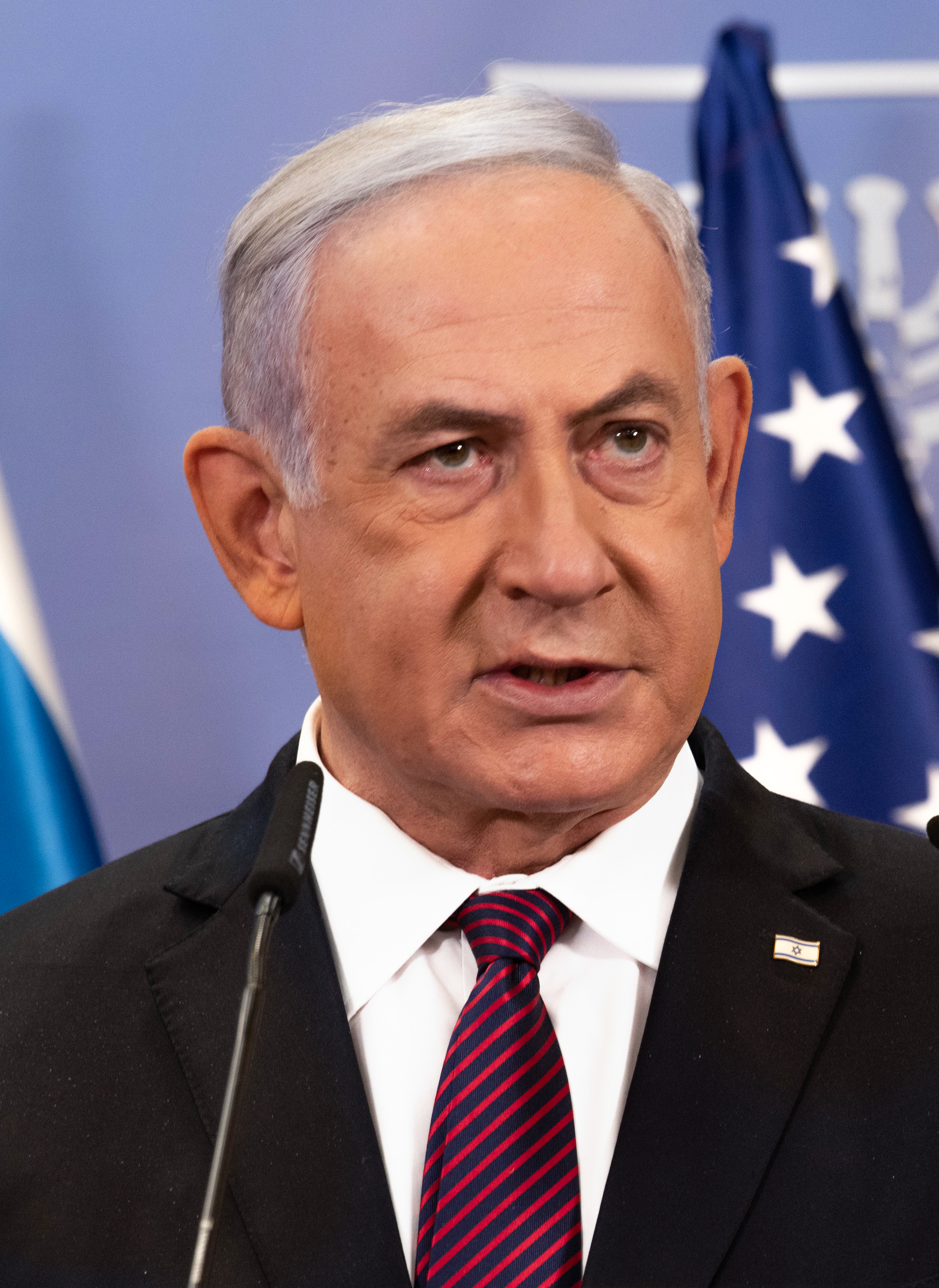The geopolitical tensions between Iran and Israel have escalated into a broader conflict that threatens regional stability. In a rare public address, Iran’s Supreme Leader Ayatollah Ali Khamenei warned that Iran would continue to strike Israel if necessary, following the largest missile attack Iran has launched against its adversary to date. The attack was seen as retaliation, with Iranian forces suggesting they may target Israel’s critical energy infrastructure in the future.

Iran and Israel: An Escalating Conflict in the Middle East
As the region braces for Israel’s inevitable response, Israeli officials have not given the U.S. assurances that Iran’s nuclear sites are off the table as potential targets. This highlights the precariousness of the situation, as the conflict teeters on the edge of broader war.
Escalation in Lebanon
Meanwhile, Israel has intensified its military operations in Lebanon, launching its most severe airstrikes in the region in two decades. Hezbollah, the Iranian-backed militant group, has been heavily involved in the fighting. Israeli forces reported that 250 Hezbollah fighters have been killed, including high-ranking commanders. However, clashes continue to erupt, particularly near the Lebanese-Israeli border. The Lebanese town of Adaisseh has witnessed two separate Israeli incursions, both of which were reportedly repelled by Hezbollah fighters, though the conflict remains unresolved.
Israel’s bombardment has displaced hundreds of thousands of people in Lebanon, many of whom have fled to neighboring Syria. In response to this growing humanitarian crisis, the U.S. has pledged $157 million in aid to help alleviate the suffering of displaced persons and refugees.
Regional and Global Reactions
The United Nations has also become involved in the situation, though in a limited capacity. The UN peacekeeping mission in Lebanon has refused Israel’s request to vacate certain positions near the Lebanese border, choosing to stay in place despite the ongoing hostilities. This highlights the UN’s concern that moving its forces could signal a further escalation in the conflict.
“We had made a very considerate, thorough and sorely discussed decision that it would be better for UNIFIL, for peacekeepers, and in terms of our responsibility to the mandate to stay in those positions.” — Jean-Pierre Lacroix, UN Under-Secretary-General for Peace Operations
While the U.S. and its allies maintain strong support for Israel, there are concerns about the broader humanitarian impact of the conflict. The Biden administration has expressed unease over the escalating violence but has reiterated its support for Israel’s right to defend itself.
The Potential for a Broader Conflict
Despite the ongoing clashes, there is cautious optimism that a full-scale regional war can still be avoided. U.S. officials continue to work diplomatically to prevent the conflict from expanding, though they acknowledge that the situation remains highly volatile. Israel’s Prime Minister, Benjamin Netanyahu, has vowed that Iran and its allies will pay a heavy price for their aggression, signaling that the conflict is far from over.

As Israel navigates this precarious situation, the potential for strikes against Iranian nuclear facilities looms large, with no guarantees that these sites will remain untouched in future retaliatory strikes. As both sides prepare for the next phase of this ongoing conflict, the stakes for regional and global stability have never been higher.
| Date | Event | Location | Casualties | Details |
| October 3, 2024 | Iran’s missile attack on Israel | Israel | Unknown | Largest missile attack launched by Iran on Israel; energy infrastructure threatened. |
| October 3, 2024 | Israeli airstrikes on Hezbollah positions | Southern Lebanon | 250 Hezbollah fighters killed | High-ranking Hezbollah commanders among the dead. |
| October 4, 2024 | Hezbollah repels Israeli incursions near Adaisseh | Southern Lebanon | Unknown | Hezbollah claims to have repelled Israeli incursions twice in the same night. |
| October 4, 2024 | Israeli airstrikes on Beirut | Beirut, Lebanon | Over 1,000 killed in total | Israel launches largest airstrikes in 20 years, hitting densely populated suburbs. |
| October 5, 2024 | U.S. pledges humanitarian aid | Lebanon | N/A | U.S. announces $157 million in aid for displaced persons and refugees. |
| October 5, 2024 | Israeli strikes on Lebanon-Syria road | Masnaa border crossing | N/A | Israel cuts off a critical escape route for fleeing civilians. |









